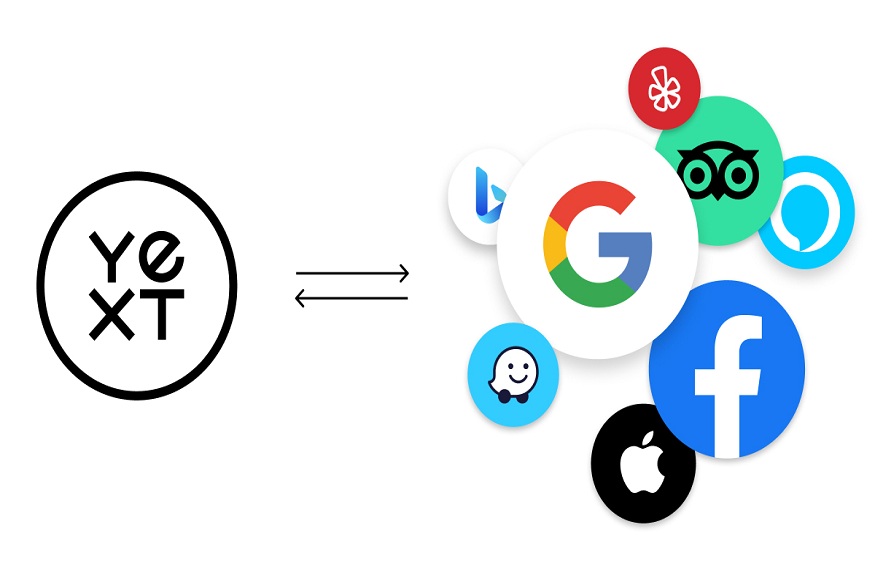
Yext SEO Review 2025: Is It Worth the Investment?
If you’re a business owner, marketer or SEO specialist, you’ve likely heard of Yext — a platform designed to help manage business listings, reviews, and local presence. But as of 2025, is it really worth your money? In this review we’ll dive into what Yext SEO offers, its strengths and weaknesses, and whether it makes sense for your business at this time.
What Yext SEO Offers
Here’s a snapshot of the core features that Yext brings to the table:
- Listings management: Once you enter your business information (name, address, phone, hours, etc.), Yext distributes it across a large network of publishers and directories.
- Review monitoring & generation: Yext has expanded its review-generation capability to include “first- and third-party sites” and provides analytics on review performance.
- AI/competitive intelligence features: In 2025 Yext introduced tools like “Yext Scout” and other features aimed at helping brands understand AI-driven and competitor search dynamics.
- Analytics, health checks & insights: Yext gives dashboards of your listing health, citations, duplicate suppression, etc.
So from a features-perspective, Yext is quite comprehensive for managing local listing presence and reputation across many platforms.
The Pros – What Yext Does Well
Here are some of the areas where users and evaluators report that Yext really adds value:
- Time-saver for listing consistency: Many reviews mention that Yext SEO “takes the hassle” out of manually managing dozens of directory listings.
- Good for multi-location businesses: If you have many physical sites, one dashboard for managing all of them is appealing.
- Strong gaze toward the future: Yext is actively developing for AI search, which suggests it’s investing in what may differentiate local presence in coming search paradigms.
- Useful review tools: The growth of review generation, monitoring, and analytics is seen as a plus, especially since review signals appear strong in local-search contexts.
The Cons – Where Yext Falls Short
Here are the key drawbacks you’ll want to weigh before buying:
- Cost: Many users report that Yext is expensive, especially for small-business budgets.
- Support & adaptability: Some users cite problems with customer service, implementation, and responsiveness.
- Dependency worry: Several users say that if you stop using Yext (or stop paying), the benefit drops off — listings may revert or stop updating.
- Diminishing returns for smaller footprint: For businesses with only a couple of locations or limited budget, many in the SEO community feel Yext may not deliver enough value compared to the cost.
- Some “sync/inventory” issues: A few reports of listings not being indexed quickly (or at all) by Google, or of delays in updates propagating.
Is Yext SEO Worth the Investment in 2025?
Here’s how I’d advise you decide, based on business size, goals, and budget:
If you should strongly consider Yext:
- You operate many physical locations (10+, 50+).
- Your business relies heavily on local search / map rankings / “near-me” queries.
- You currently have messy or inconsistent business listings, citations, or reviews and are seeing lost potential because of that.
- You have budget (or see high ROI) for a subscription-based listing/reputation tool that frees internal staff to focus on other tasks.
- You want to stay ahead in the “AI search / local knowledge graph” realm and believe that local presence will matter heavily in the evolving landscape.
If you should be cautious:
- You have only one or a few locations and a modest budget. You might get nearly as much benefit from manually managing your Google Business Profile, Yelp, Bing, Apple Maps and having good inbound links + local content.
- You already have relatively clean listing data and just need incremental improvement — the benefit of Yext may be smaller.
- You’re looking for long-term organic growth, brand/authority building, content marketing, back-linking rather than purely listing management. In that case you’ll still need traditional SEO in addition to any tool like Yext.
- You want to avoid annual subscription lock-in unless you’re sure the ROI justifies it.
ROI & Strategic Fit
For the right business, Yext can save hours of administrative work, reduce the risk of listing errors (which cost you money in missed leads), and help maintain brand-consistency at scale. That can translate into improved local rankings, more phone calls, more foot traffic.
However: If you are a smaller operator, the incremental gains might not be large enough to justify the cost when compared to using cheaper/manual methods + good local SEO fundamentals. Some SEO professionals argue that for fewer than ~100 locations, cheaper alternatives may make more sense.
Final Verdict
Yes — Yext SEO can be worth the investment, but only if it aligns with your business model, scale and budget. It’s less of a one-size-fits-all “must have” for every local business in 2025.
If you’re a multi-location business or one that competes heavily in local search, Yext is a strong tool to consider. If you’re a single location with limited growth ambitions, you might be better off investing in good traditional SEO + manual listing management and revisiting a tool like Yext when (and if) scale demands it.





